The Supreme Court & Precedent
Consider landmark decisions that could be overturned & their implications for American politics.
Summer 2023
Online & In-Person
Study topics both timely and timeless this summer. Choose between one-week residential seminars or virtual Summer Courses that combine high-level seminar discussion with the convenience of online education.
Our Summer Courses are ideal for students with internships or other obligations. All courses feature small classes of 15-18 fellows, and offer a small stipend and course materials. Online courses generally meet during the evenings. Find the course the best fits your interests and schedule this summer.
Hertog Fellows on the State of the Campus
Students may apply simultaneously to both the Hertog Political Studies Program and to specific Hertog Summer Courses. Only one application is necessary to apply to any of our programs.
Who Should Apply? Undergraduates, gap-year students, young professionals, and graduate students are all eligible to apply. Fellows may apply for, and participate in, multiple seminars.
Dates & Times: Seminars meet online or in-person over Summer 2023. See the individual course pages for full details.
Stipend & Course Materials: Fellows will receive a stipend contingent upon participation in their course and completion of a brief response paper and evaluation. All course materials will be provided.
Deadline: Applicants who apply by the early application deadline of February 1, 2023 will hear back by March. The final deadline is March 1, 2023.
Describe, in 1,000 words, or less the political questions you find most interesting, your future ambitions, and how these relate to your preferred program(s).
Unofficial; required only for current undergraduates & recent graduates.
10 pages maximum; double-spaced. Please send academic writing that best showcases your ability to invent and sustain a persuasive argument, no matter the subject-matter.
Provide the name and contact information of a professor, mentor, or supervisor. (Letter not required for nominated applicants.)
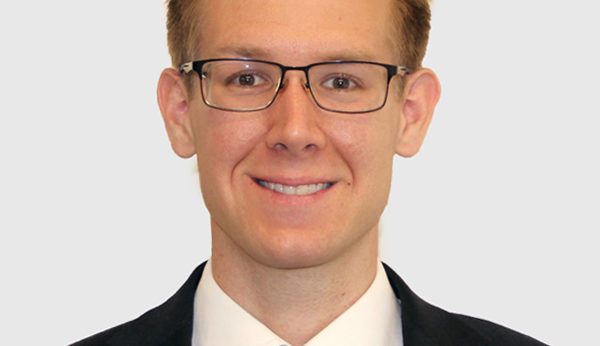

Press Secretary, American Action Forum
The Washington Free Beacon, National Affairs
Davidson College
Andrew Evans started his journalism career with an internship at The Weekly Standard, following his time with the Political Studies Program. He then went on to work as Assistant Editor of National Affairs. Andrew is now Press Secretary for American Action Forum.
My political science professor at Davidson College, Peter Ahrensdorf, encouraged me to apply. The Program looked like a fantastic opportunity to study both the ideas animating politics and the way politics actually work. I find that it’s really easy to get lost in the ideas, so studying the practical unfolding of politics was a good balance to the theoretical. The Program looked like a great opportunity to see political theory and practice meet and inform one another in a really fruitful way.
I studied political philosophy at Davidson, and I wanted to come to DC to really understand the practice of politics. The Advanced Institute [“Transformation of the American Government” with Christopher DeMuth] certainly helped me see some of that. At that time I was a reporter at the Washington Free Beacon, covering government oversight, bureaucracy, and the institutions of government. Getting to study those things with him was immeasurably useful.
For example, he helped me understand what leveraging means for banks. Leveraging is a central concept of finance, and he spent awhile helping us figure out exactly what the ramifications of leveraging are. That knowledge was crucial to my understanding of the 2008 financial crisis and the consequent legislation that we’ve had.
Political Studies helped me get a foundation in DC and meet people like Bill Kristol. The Hertog Foundation got me grounded in the practicality of politics while at the same time keeping me in touch with the animating fundamental ideas of our traditions. I’m interested in contributing to the health and function of our society in a way that goes beyond just reporting ideas—National Affairs does much more than just report ideas, and Hertog has provided me with the tools be able to excel at doing more.
I was really impressed with the quality of my peers. The rigor and sophistication with which they were able to approach texts, and the lenses through which they viewed current events were challenging and extremely valuable to my own intellectual growth. In terms of instructors, getting to read Machiavelli’s The Prince in conjunction with his Discourses on Livy with Professor Nathan Tarcov was eye-opening. He fleshed out the argument for republicanism in Machiavelli, which I hadn’t seen when reading The Prince previously. Approaching Machiavelli using that lens was illuminating.
What I’ve most observed is that Hertog Programs are a rigorous study of the ideas that bring life to politics. They’re not technocratic, but they’re not too abstract either. That’s the essence of political philosophy. Hertog classes are an attempt to draw out the wisdom from great texts and not necessarily force them to directly apply to any one modern issue, but instead let them shape a broad picture of how society and politics should function. That’s the real advantage of Hertog programs.
Specifically, the Advanced Institutes are focused in such a way that they can provide very useful background and contextual information for contemporary issues. In a broader sense, the Programs provide a much larger framework for understanding the limits and constraints of politics as well as the ideas underpinning modern government. Journalism at its best is able to reflect on the traditions and ideas that have brought us to where we are today, and then place the current issues in that context.
I would like to stay involved in politics in some capacity. I don’t know if it’ll be here in DC or in journalism necessarily, but politics is immensely important. I think I’m well prepared to do a number of things; Hertog has certainly contributed to that.
Andrew Evans started his journalism career with an internship at The Weekly Standard, following his time with the Political Studies Program. He then went on to work as Assistant Editor of National Affairs. Andrew is now Press Secretary for American Action Forum.
“Hertog classes are an attempt to draw out the wisdom from great texts and not necessarily force them to directly apply to any one modern issue, but instead let them shape a broad picture of how society and politics should function. That’s the real advantage of Hertog programs.”

Adam J. White
Adam J. White is the Laurence H. Silberman Chair in Constitutional Governance and senior fellow at the American Enterprise Institute, where he focuses on the Supreme Court and the administrative state. Concurrently, he codirects the Antonin Scalia Law School’s C. Boyden Gray Center for the Study of the Administrative State.

Vance Serchuk
Vance Serchuk is Executive Director of the KKR Global Institute and an Adjunct Senior Fellow at the Center for a New American Security. Prior to joining KKR, Mr. Serchuk served for six years as the senior national security advisor to Senator Joseph Lieberman (I-Connecticut).
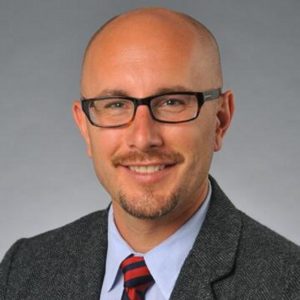
Daniel DiSalvo
Daniel DiSalvo is a Senior Fellow at the Manhattan Institute’s Center for State and Local Leadership and an Assistant Professor of Political Science at The City College of New York-CUNY. His scholarship focuses on American political parties, elections, labor unions, state government, and public policy.
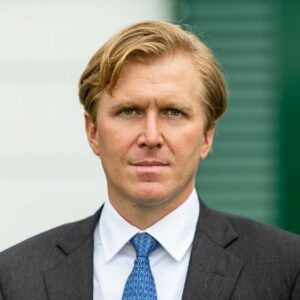
Elbridge Colby
Elbridge Colby is co-founder and principal of The Marathon Initiative, a policy initiative focused on developing strategies to prepare the United States for an era of sustained great power competition. He is the author of The Strategy of Denial: American Defense in an Age of Great Power Conflict (Yale University Press, 2021). Previously, Colby was from 2018-2019 the Director of the Defense Program at the Center for a New American Security, where he led the Center’s work on defense issues.
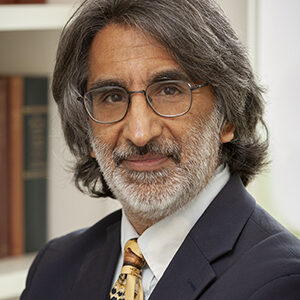
Akhil Reed Amar
Akhil Reed Amar is Sterling Professor of Law and Political Science at Yale University, where he teaches constitutional law in both Yale College and Yale Law School. He is Yale’s only currently active professor to have won the University’s unofficial triple crown — the Sterling Chair for scholarship, the DeVane Medal for teaching, and the Lamar Award for alumni service. He hosts a weekly podcast, Amarica’s Constitution.
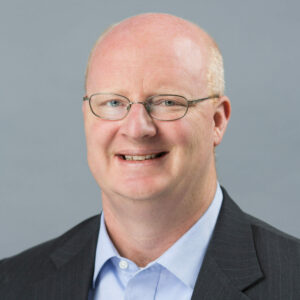
William Inboden
William Inboden is Executive Director and William Powers, Jr. Chair at the Clements Center for National Security at the University of Texas-Austin. Previously he served as Senior Director for Strategic Planning on the National Security Council at the White House.
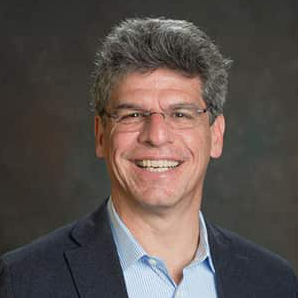
Jacob Howland
Jacob Howland has published five books and roughly 60 scholarly articles and review essays on the thought of Plato, Aristotle, Xenophon, Kierkegaard, the Talmud, the Holocaust, ideological tyranny, and other subjects. His most recent book is Glaucon’s Fate: History, Myth, and Character in Plato’s Republic.
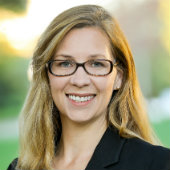
Jenna Silber Storey
Jenna Silber Storey is a senior fellow in the Social, Cultural, and Constitutional Studies department at the American Enterprise Institute (AEI), and co-director of AEI’s Center for the Future of the American University. She is concurrently an SNF Agora Fellow at Johns Hopkins University, and a research fellow at the Civitas Institute at the University of Texas at Austin. She also serves on the executive committee of the Alliance for Civics in the Academy.
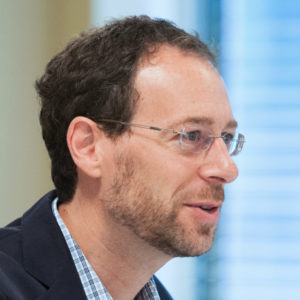
Bryan Garsten
Bryan Garsten is Professor of Political Science at Yale University. He writes on questions about political rhetoric and deliberation, the meaning of representative government, the relationship of politics and religion, and the place of emotions in political life.
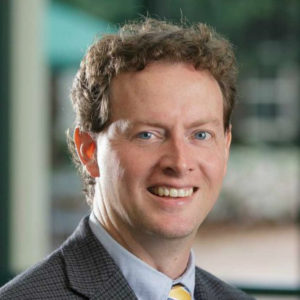
Benjamin Storey
Benjamin Storey is a senior fellow in Social, Cultural, and Constitutional Studies at the American Enterprise Institute (AEI), and co-director of AEI’s Center for the Future of the American University. He is concurrently an SNF Agora Fellow at Johns Hopkins University and a research fellow at the Civitas Institute at the University of Texas at Austin.
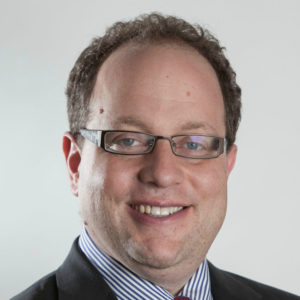
Daniel Blumenthal
Dan Blumenthal is a senior fellow at the American Enterprise Institute, where he focuses on East Asian security issues and Sino-American relations. Mr. Blumenthal has served in and advised the US government on China issues for more than a decade.
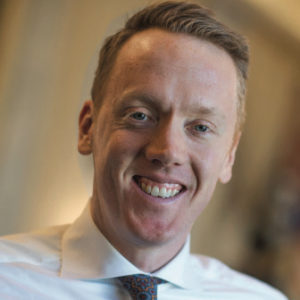
Christian Brose
Christian Brose is a Senior Fellow at the Carnegie Endowment for International Peace and the Head of Strategy at Anduril Industries, prior to which he served as staff director of the Senate Armed Services Committee. He was also responsible for leading the production, negotiation, and passage of four National Defense Authorization Acts, which set policy and authorized spending for all U.S. national defense activities.
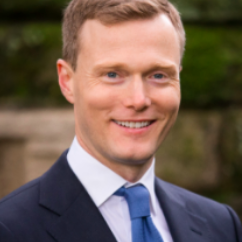
Matthew Kroenig
Matthew Kroenig is a Professor in the Department of Government and the Edmund A. Walsh School of Foreign Service at Georgetown University. A 2019 study in Perspectives on Politics ranked him as one of the top 25 most-cited political scientists of his generation. He has served in several positions in the U.S. Department of Defense and the intelligence community in the Bush and Obama administrations.
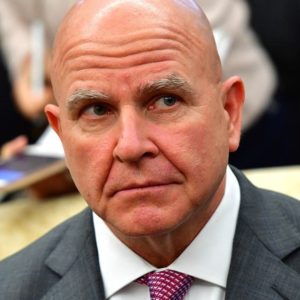
H.R. McMaster
H. R. McMaster is the Fouad and Michelle Ajami Senior Fellow at the Hoover Institution, Stanford University. Previously, he served as the 26th assistant to the president for National Security Affairs and as a commissioned officer in the United States Army for 34 years before retiring as a Lieutenant General. He is author of Battlegrounds: The Fight to Defend the Free World.